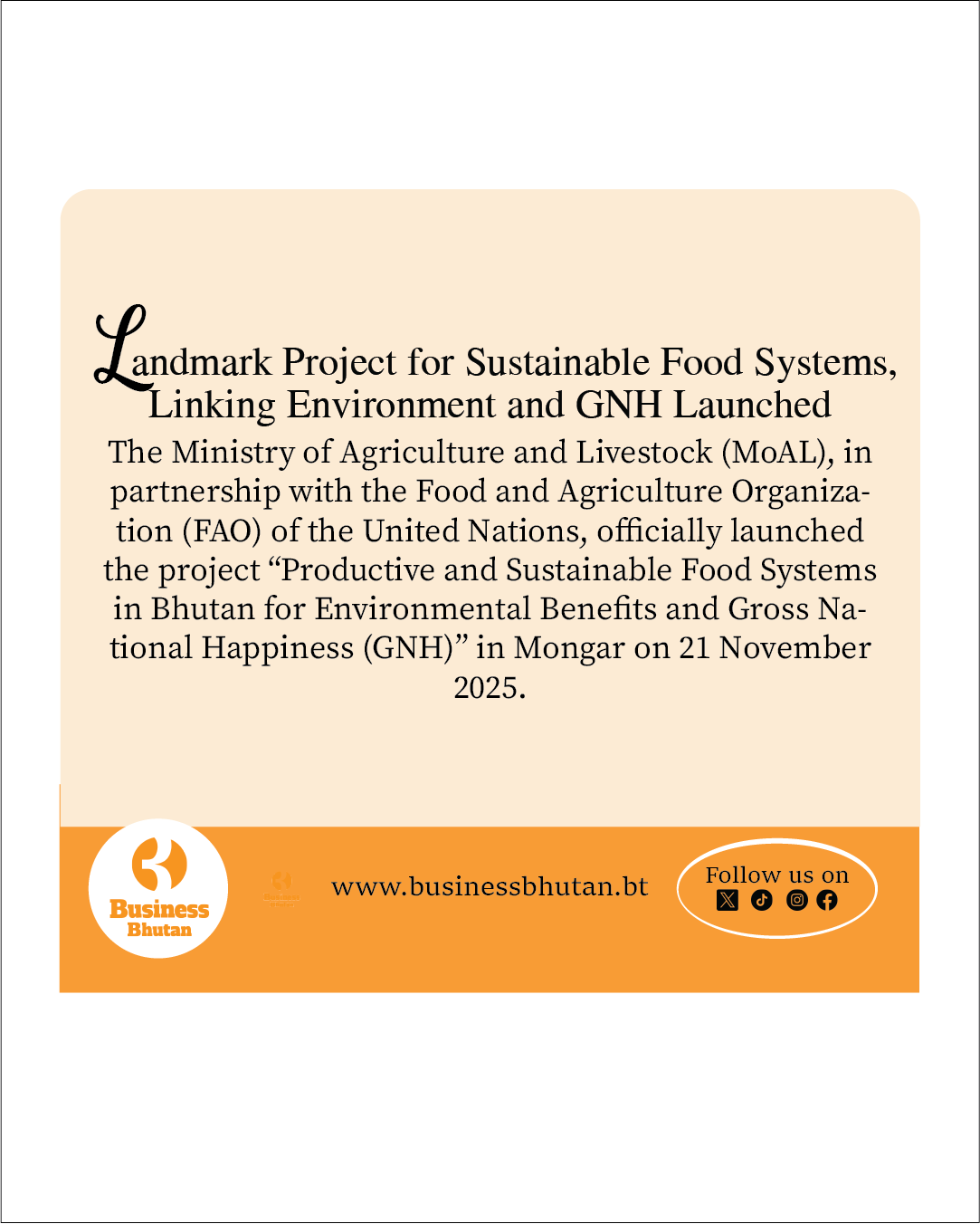With the commencement of construction at the Gelephu International Airport (GIA), people from eastern Bhutan, particularly daily wage workers, are preparing to make the journey to Gelephu in search of work and new opportunities.
Among them is 47-year-old Neten Dorji from Mongar, who has years of experience coordinating labour for various projects. Neten currently works as a labour broker, connecting contractors with reliable workers from his hometown and nearby villages.
“I haven’t received any formal request for workers yet,” Neten said. “But I am confident it will come very soon as construction picks up pace.”
He explained that the only real challenge for workers from the east will be the heat and humidity of Gelephu, which can be tough for people used to the cooler climate of the highlands. “The weather is not easy to handle, but we will manage,” he said. “We also need to have proper discussions with the contractors about wages, food, and accommodation arrangements to make sure everyone is treated fairly and stays motivated.”
Neten believes that the timing will soon be ideal for workers to move south. “Winter is the best time for us to work in Gelephu. There will be very little farm work to do at home, so people will be available and ready to earn extra income for their families,” he said.
This is not Neten’s first experience mobilizing workers for large projects. In the past, he successfully brought nine men from Mongar to Thimphu to work on the Zilukha road widening project. He also contributed to the mitigation work at Thorthormi Lake, which required skilled labour in challenging conditions. With this background, Neten is confident that workers from the east will play an important role in the GIA project as well.
Meanwhile, Jigme Wangchuk from Trashigang is also preparing to travel to Gelephu as soon as he completes the remaining work on his farm. An experienced mason, Jigme is optimistic about finding work that matches his skills.
“I have just a little farm work left to finish, and after that I plan to head to Gelephu,” Jigme said. He added that the cost of living in Gelephu is likely to be more affordable than in Bhutan’s urban centres. “Compared to Thimphu and Paro, everything — food, rent, daily expenses — will be cheaper in Gelephu. So I can save more money for my family.”
Jigme is confident about his prospects because he already knows people working at the project site. “I have friends there who can help me settle in when I arrive. Finding a place to stay initially won’t be a problem,” he said.
For workers like Neten and Jigme, the GIA project represents not just a job, but a vital source of livelihood that will help them support their families back home. As construction gathers pace, more workers from the east are expected to make their way to Gelephu, bringing with them skills, experience, and the spirit of hard work that will help build Bhutan’s new gateway to the world.
Meanwhile, Neten said that they are paid atleast Nu 2,000 per day, apart from meals and a room to live in. “We can save especially because, we do not have any time to go out and thus there is no reason for us to spend.”
Sangay Rabten from Thimphu




![Fresh Beginnings: Pasakha Vendors Gear Up for New Vegetable Market - Duplicate - [#16963] Fresh Beginnings: Pasakha Vendors Gear Up for New Vegetable Market - Duplicate - [#16963]](https://businessbhutan.bt/wp-content/uploads/2025/11/Asset-200.png)











